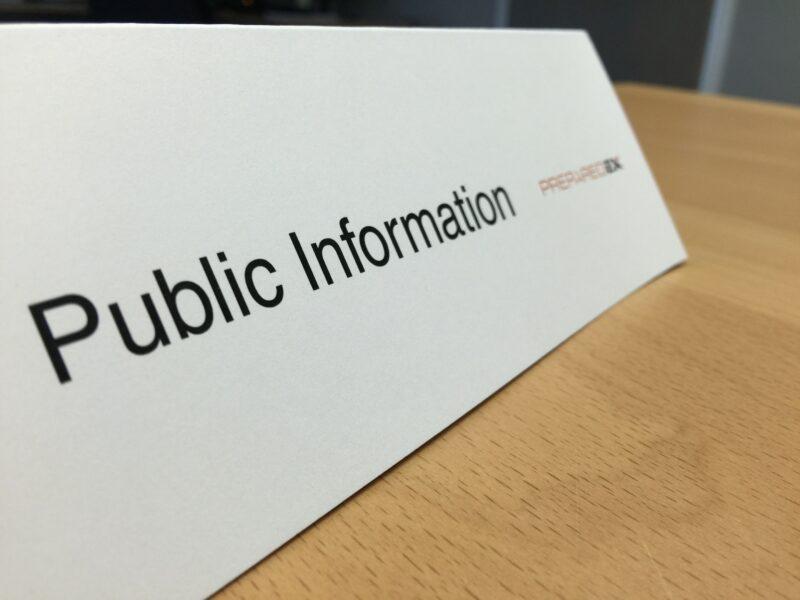
Oct 21, 2015 | Crisis Communications, Crisis Management, Emergency Management, Preparedness
When an incident happens it is essential that the top management of an organization establish, define and document their policy for crisis management, which includes clear directions and expectations. Related: How to Build a Strong Crisis Management Foundation It...

Oct 13, 2015 | Crisis Communications
Check out this great article from John Rainford, the Director of The Warning Project. The Warning Project is launching a new series of articles aiming to try and capture, analyze and debate the best the evolving field of emergency risk communication has to offer....

Sep 1, 2015 | Crisis Communications
When a crisis, such as a natural disaster, affects the public, social media will always come into play. While social media is an increasingly vital aspect of crisis communications, it usually does not exist on its own. Social media supplements and enhances...

Jun 22, 2015 | Crisis Communications, Crisis Management
The problem facing South Korean Health Minister Moon Hyung-pyo was painfully obvious and played out during his May 31 press conference in Seoul regarding MERS CoV. As MERS CoV cases continued to climb and fear of the disease threatened to envelop the nation, the...

Jun 9, 2015 | Crisis Communications, Crisis Management, Preparedness
In the May 4th New Yorker, Malcolm Gladwell wrote an article called, “The Engineer’s Lament: Two ways of thinking about automotive safety.” To the engineer, Gladwell writes, a car’s safety lies on a continuum of extremes ranging from totally unsafe to completely safe....

Dec 18, 2014 | Crisis Communications
The Takata airbag crisis is a case study of how mishandled communications can transform a serious, but still manageable, product recall into what may very well become an ultimate catastrophe for the company. No one can say at this point if Takata will ever...






